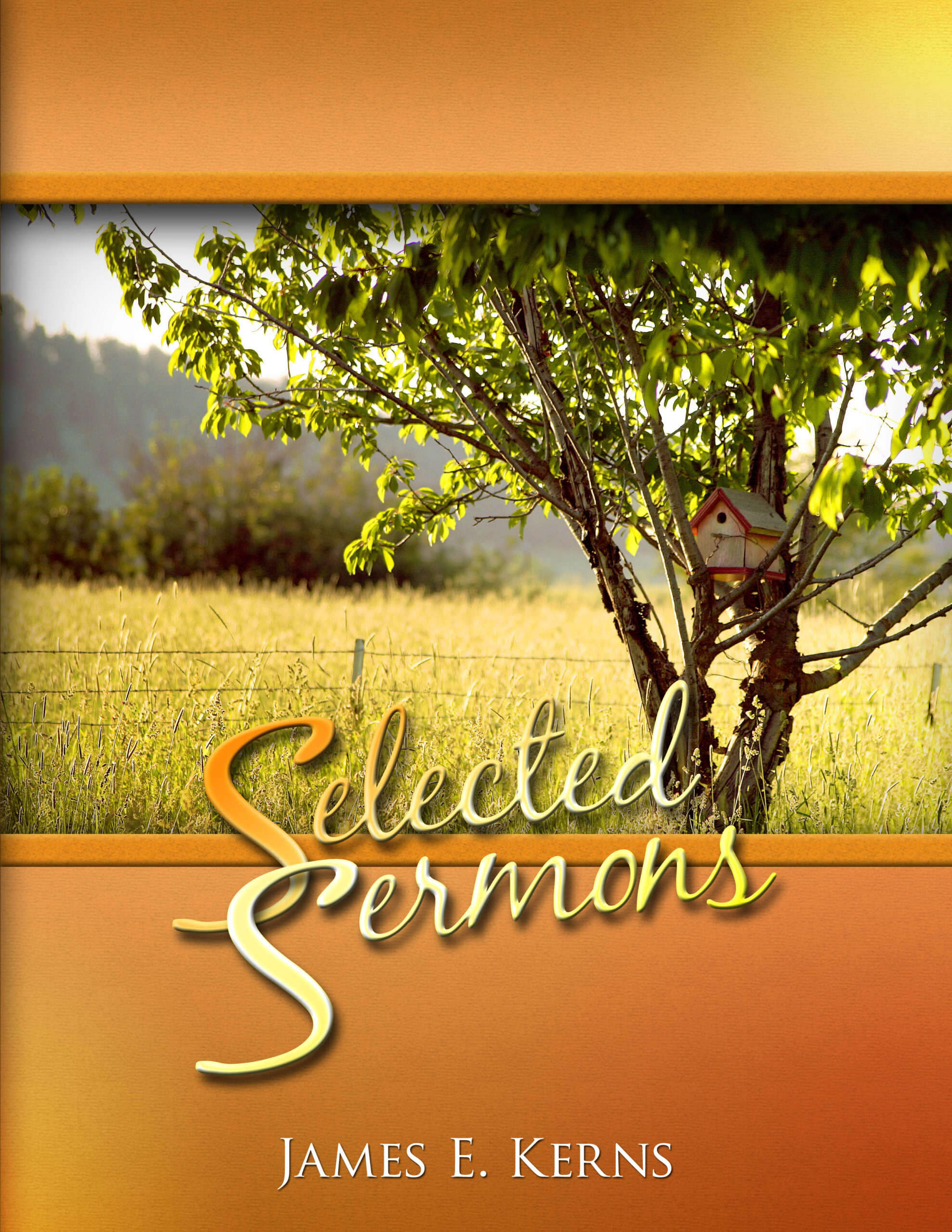Triad of Truth
In the April 2012 general conference Elder L. Tom Perry commented that neither the Bible nor the Book of Mormon is sufficient alone. That made me wonder if the two of them together are sufficient without the words of our modern prophets. My answer is no.
The most basic of doctrines is the nature of the Godhead. The Bible is a battleground of conflicting opinions concerning the matter. As I began my initial reading of the Book of Mormon, the preeminent question on my mind was, “Are God the Father and Jesus Christ one, or two, separate Beings?” I read the entire book without being able to answer the question. The Book of Mormon is as confusing in that matter as is the Bible.
Halfway through my reading of the Book of Mormon I was given a pamphlet entitled “Joseph Smith’s Testimony.” There I read that two separate Beings appeared to him. Light flooded my soul when I read that. The question was answered. There was no longer any room for doubt. I knew that Joseph’s testimony was true; and knowing that the Father and the Son are separate Beings made all other doctrines fall into proper order and perspective. Everything suddenly made sense. This was a great revelation to me, and was knowledge that neither the Bible nor the Book of Mormon nor both of them together could provide.
Another doctrine that is basic to our theology, and which is not plainly expounded in the Bible and Book of Mormon, is that of eternal marriage. It simply isn’t in either book. Hints are there, but without modern-day revelation we wouldn’t—we couldn’t—know and be certain of the continuity of family relationships.
The whole matter of temples and the work that is done therein is not covered in the Bible and the Book of Mormon. People in both books built temples; but modern-day people of other religions would have no idea what to do with a temple if they had one, nor would they have any idea how to build one without first knowing its purpose. Most of the things which take place in temples can be found in the Bible and Book of Mormon; but had the temple ceremony not been revealed to Joseph Smith, those disconnected bits and pieces are absolutely meaningless.
Elijah, the sealing power, and his prophesied return in the latter days are all mentioned in both books; but it required latter-day revelation, and his return, before Elijah and his mission could be understood.
The priesthood, its offices, its power, and the duties of its offices all required revelation through latter-day prophets to be understood. Deacons, teachers, priests, bishops, elders, high priests, patriarchs, the seventy, and Apostles are all mentioned in the Bible and Book of Mormon, but their duties can largely only be guessed at. The fact that the priesthood is the power by which God operates is a fact that is lost upon most men. They don’t comprehend it. They don’t understand its power. Latter-day prophets were necessary to properly receive it, use it, and to pass it to others.
How grateful we must be for prophets and revelation. How grateful I am for the Bible and the Book of Mormon, but I realize that without living prophets we would still be in the dark about some of our most basic and most important doctrines.
On the shelf above my computer I have all of the talks given by the general authorities in general conference since 1968. That constitutes over two feet of shelf space of additional scripture to the Bible and the Book of Mormon. I’ve read every word, and I’ve condensed it all into my index. That index opens those forty-plus years of general conference to use. I consider my index a necessary companion to the Standard Works. The Bible, the Book of Mormon, and the words of living Apostles and Prophets form a triad of truth that makes the Plan of Salvation plain and understandable, and more available, than it has ever been.
—2 April 2012
